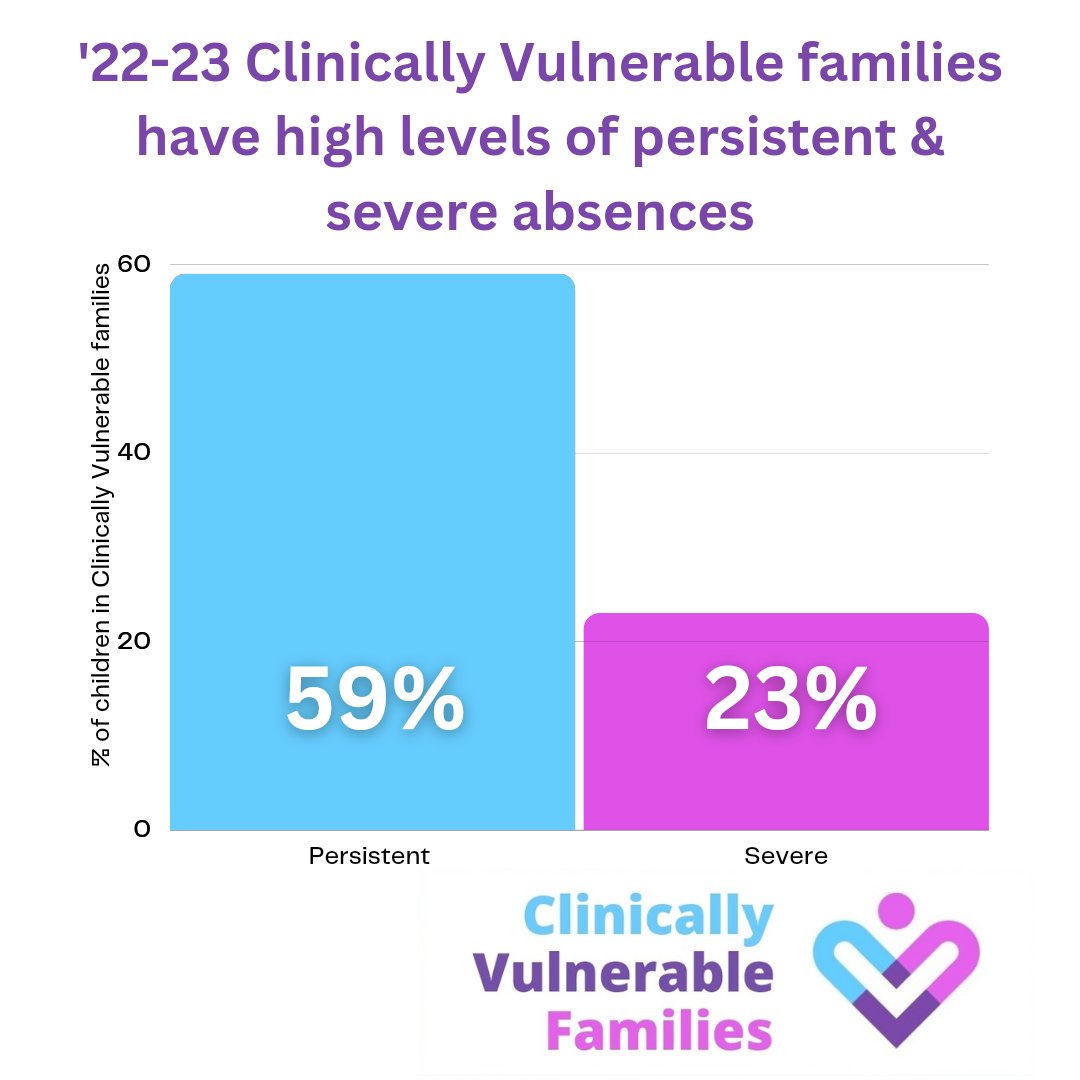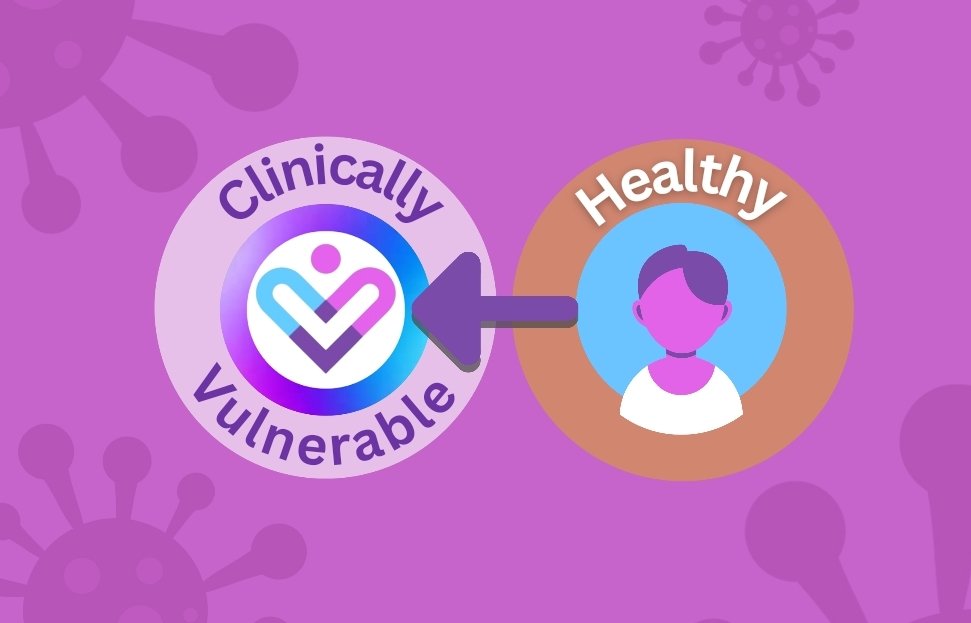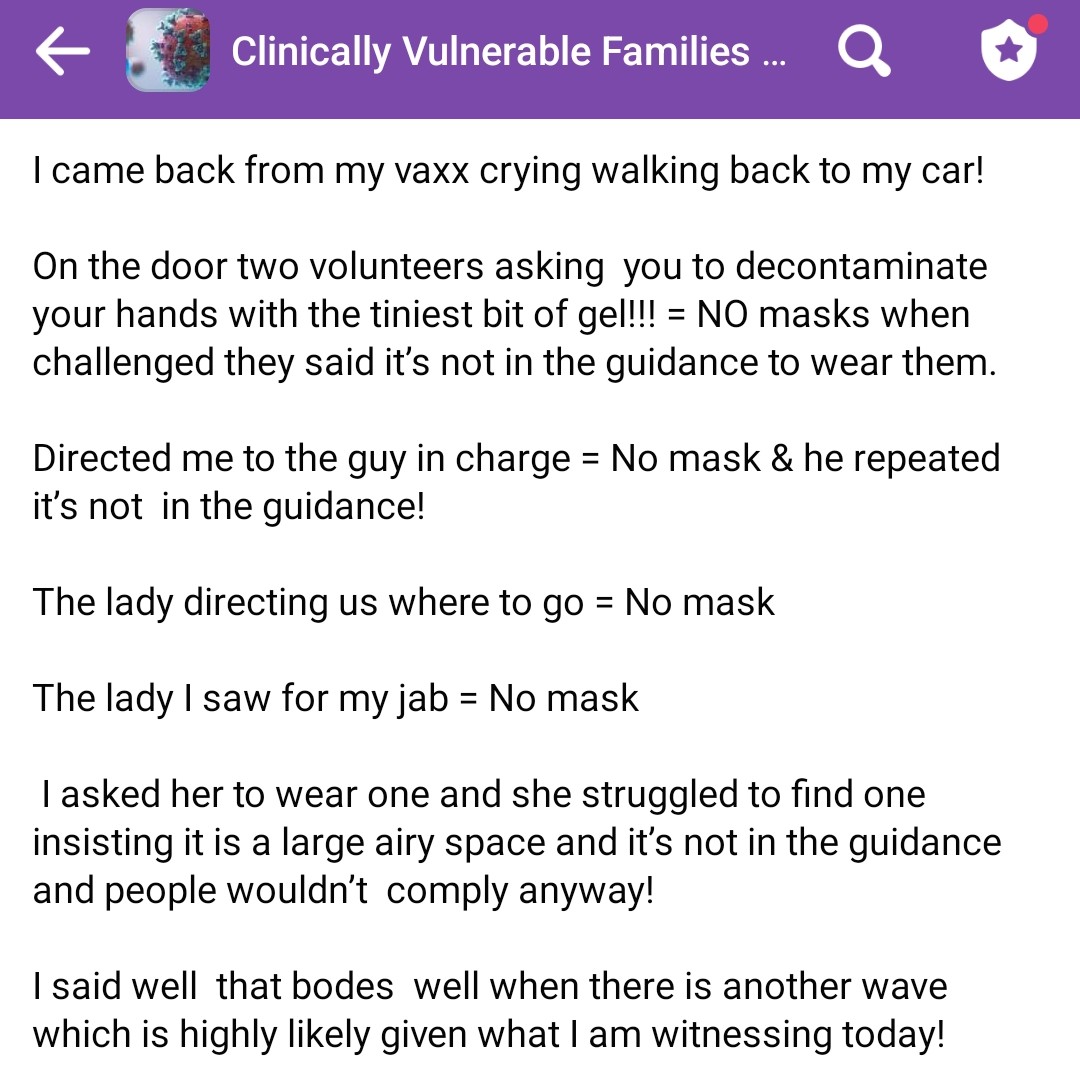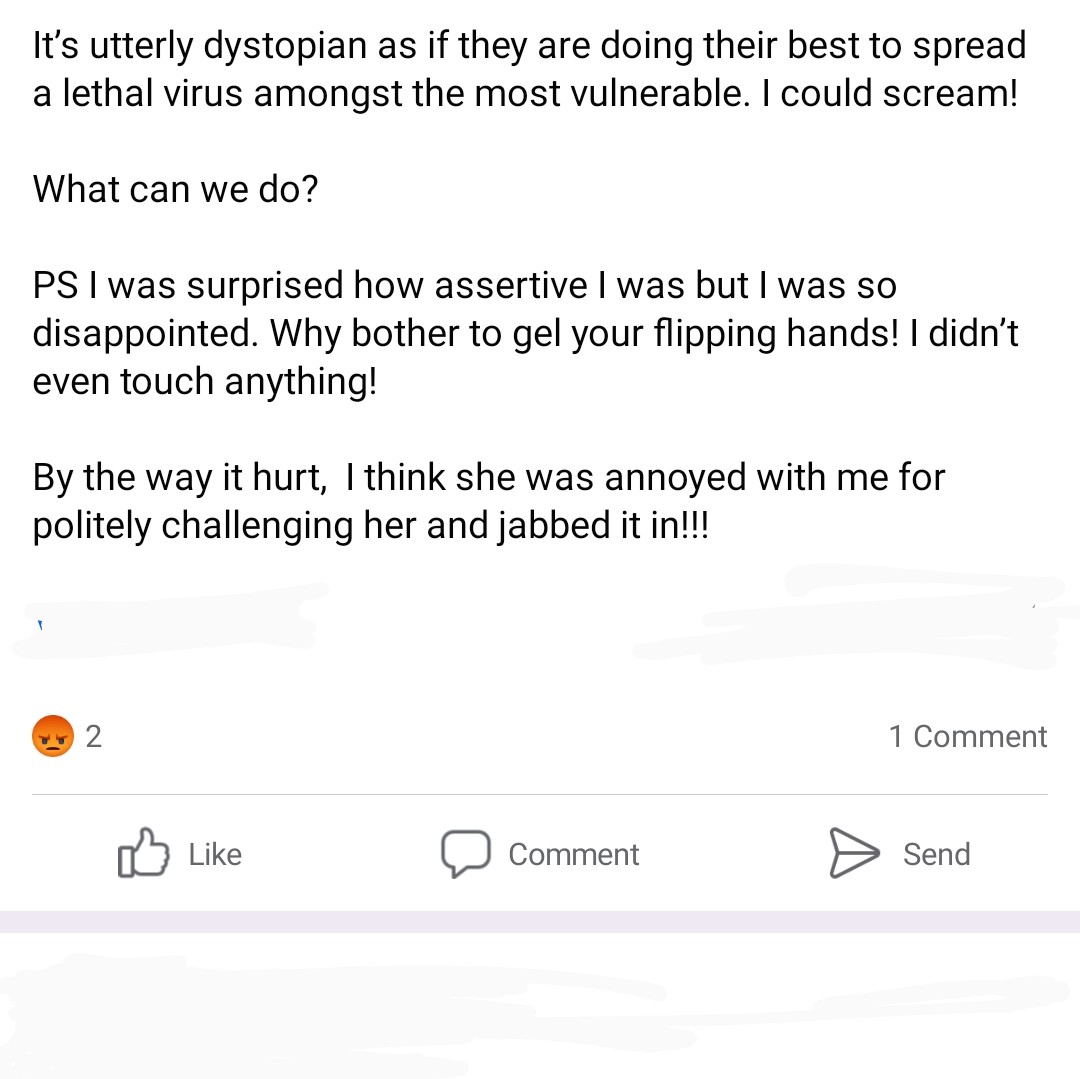Bird 'flu
Public awareness of the risks posed by bird 'flu is seriously lacking it is not sensible to travel whilst infected.
"Pandemic fatigue" had significantly impacted people's attitudes to Covid, and likely to any new pandemic 'flu.
1/ dailyrecord.co.uk/news/scottish-…
Public awareness of the risks posed by bird 'flu is seriously lacking it is not sensible to travel whilst infected.
"Pandemic fatigue" had significantly impacted people's attitudes to Covid, and likely to any new pandemic 'flu.
1/ dailyrecord.co.uk/news/scottish-…
"Learning to live with Covid" by undermining mask use and downplaying Covid's severity will have serious consequences.
If bird flu were to develop human-to-human transmission, it could have devastating consequences due to its high mortality rate.
2/
If bird flu were to develop human-to-human transmission, it could have devastating consequences due to its high mortality rate.
2/
50% mortality for H5N1 is huge.
Who dies in flu pandemics?
In 1918, mortality was highest in;
👶 u5 yrs
🤵 20-40 yrs
👵 65 yrs+
Obviously, the Clinically Vulnerable (those offered annual 'flu vaccines) have higher risks, too.
4/
Who dies in flu pandemics?
In 1918, mortality was highest in;
👶 u5 yrs
🤵 20-40 yrs
👵 65 yrs+
Obviously, the Clinically Vulnerable (those offered annual 'flu vaccines) have higher risks, too.
4/

Selling our vaccine manufacturing and innovation centre was shortsighted.
Unlike Covid, we already know how to produce a vaccine. But we didn't heed repeated warnings from he WHO about the importance of robust vaccine manufacturing capabilities.
5/
chemistryworld.com/news/uks-non-p…
Unlike Covid, we already know how to produce a vaccine. But we didn't heed repeated warnings from he WHO about the importance of robust vaccine manufacturing capabilities.
5/
chemistryworld.com/news/uks-non-p…
While new 'flu vaccines can be produced in as little as 4-6m, global demand would massively outstrip supply.
Plus, with a much broader group and younger group at risk, we would likely end up in lockdowns but with a much higher level of complacency.
6/
Plus, with a much broader group and younger group at risk, we would likely end up in lockdowns but with a much higher level of complacency.
6/
If we had invested in clear air to better "live with Covid" risks, we would be in a much better position to protect lives should a pandemic 'flu evolve.
7/
7/
However, previous 'flu pandemics haven't occurred alongside the ever-present threat of Covid.
Covid + "normal" 'flu coinfections increased the risk of Covid mortality 2x.
We simply don't know how much worse it could be if we experience a pandemic 'flu.
8/
Covid + "normal" 'flu coinfections increased the risk of Covid mortality 2x.
We simply don't know how much worse it could be if we experience a pandemic 'flu.
8/
We need the CMOs to inform the public of the risks of bird 'flu proactively.
Taking action to improve air quality has no real disadvantages. It is cheap technology that offers tangible benefits.
We need to act now!
#CleanAirRevolution #HEPA💨
9/
Taking action to improve air quality has no real disadvantages. It is cheap technology that offers tangible benefits.
We need to act now!
#CleanAirRevolution #HEPA💨
9/
• • •
Missing some Tweet in this thread? You can try to
force a refresh

 Read on Twitter
Read on Twitter














